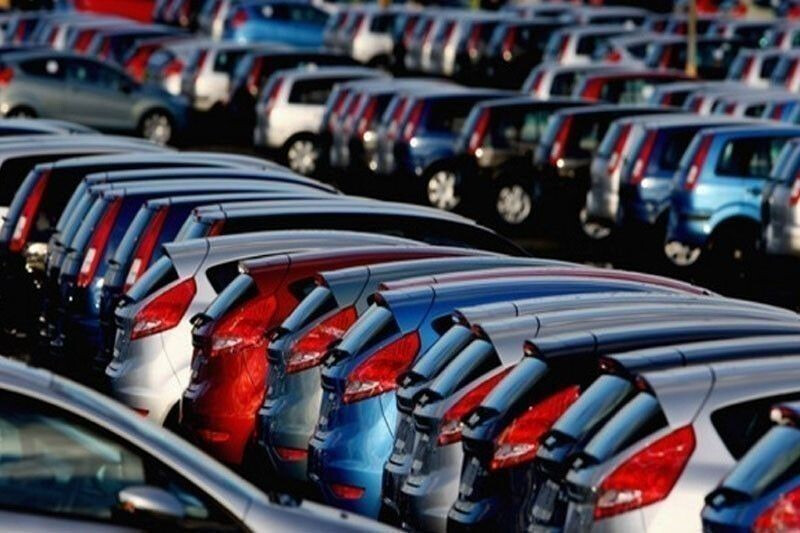
The Philippine automotive market continues its steady growth, bolstered by robust economic expansion and the government's policies to stimulate consumption. According to data jointly released by the Chamber of Automotive Manufacturers of the Philippines, Inc. (CAMPI) and the Truck Manufacturers Association 1 (TMA), new car sales in the Philippines reached 40,306 units in March 2025, marking a 7.57% increase compared to the same month last year. This is a significant rise from the 37,474 units sold in March 2024.
This growth trend has become more pronounced this year. The cumulative new car sales for the first quarter of 2025 totaled 117,074 units, a 6.81% increase from the 109,606 units sold in the same period last year. Notably, sales of commercial vehicles, including SUVs, surged by 14% year-on-year to 92,742 units, driving the overall market growth. In contrast, passenger car sales declined by 14% to 24,332 units, showing an opposite trend to commercial vehicles.
Regarding this phenomenon of decreasing passenger car sales and a sharp increase in commercial vehicle sales, Michael Ricafort, chief economist at Rizal Commercial Banking Corporation, analyzed that "the increased preference for commercial vehicles such as SUVs and pickup trucks with higher ground clearance is a result of the frequent typhoons and widespread flooding that hit the Philippines in the second half of 2024." This suggests that the psychological preparedness for natural disasters has become an important factor in consumers' vehicle purchasing decisions.
Meanwhile, the electric vehicle (EV) market in the Philippines is also showing gradual growth. Total EV sales in the first quarter of this year reached 5,311 units. Specifically, hybrid electric vehicles (HEVs) accounted for the largest share with 4,544 units sold, followed by battery electric vehicles (BEVs) with 692 units and plug-in hybrid electric vehicles (PHEVs) with 75 units. The Philippine government is actively promoting the adoption of eco-friendly vehicles by providing tariff exemptions for hybrid electric vehicles through Executive Order (EO12), which is scheduled to expire in 2028.
Looking at the sales performance by brand, Toyota maintained its top market share with 55,510 units sold in the first quarter, a 12% growth compared to the same period last year, driven by the successful launch of its new entry-level pickup truck, the Hilux Tamaraw. Mitsubishi Motors also recorded a 12% growth with 23,380 units sold. In contrast, Nissan experienced a 15% decrease in sales with 6,720 units, and Ford saw a significant decline of 31% with 5,220 units sold. Suzuki showed a different trend from the top-ranking brands, recording a 24% growth with 5,440 units sold.
CAMPI forecasts that total vehicle sales in the Philippines this year will exceed 500,000 units, surpassing the 467,252 units sold in 2024, driven by the launch of new models and the introduction of new models. Toyota itself has projected a positive market outlook, estimating the total Philippine automotive market size for this year at 512,000 units.
In line with this market growth, the Philippine government plans to introduce new incentives under the "Comprehensive Automotive Resurgence Strategy (CARS) Program" to enhance the competitiveness of the domestic automotive industry. This program is expected to focus on attracting investment by primarily providing market incentives to local manufacturers. This is interpreted as a policy demonstrating the government's commitment to reducing dependence on imported vehicles and strengthening the self-reliance of the domestic automotive industry.
In conclusion, the Philippine automotive market is expected to continue its growth momentum, fueled by solid economic growth, recovering consumer sentiment, and a strong preference for commercial vehicles. The government's policies to promote the adoption of eco-friendly vehicles and encourage domestic production are also expected to have a positive impact on market growth. However, the sales slump of some brands and changes in the global economic situation could act as variables in future market growth.
[Copyright (c) Global Economic Times. All Rights Reserved.]




























